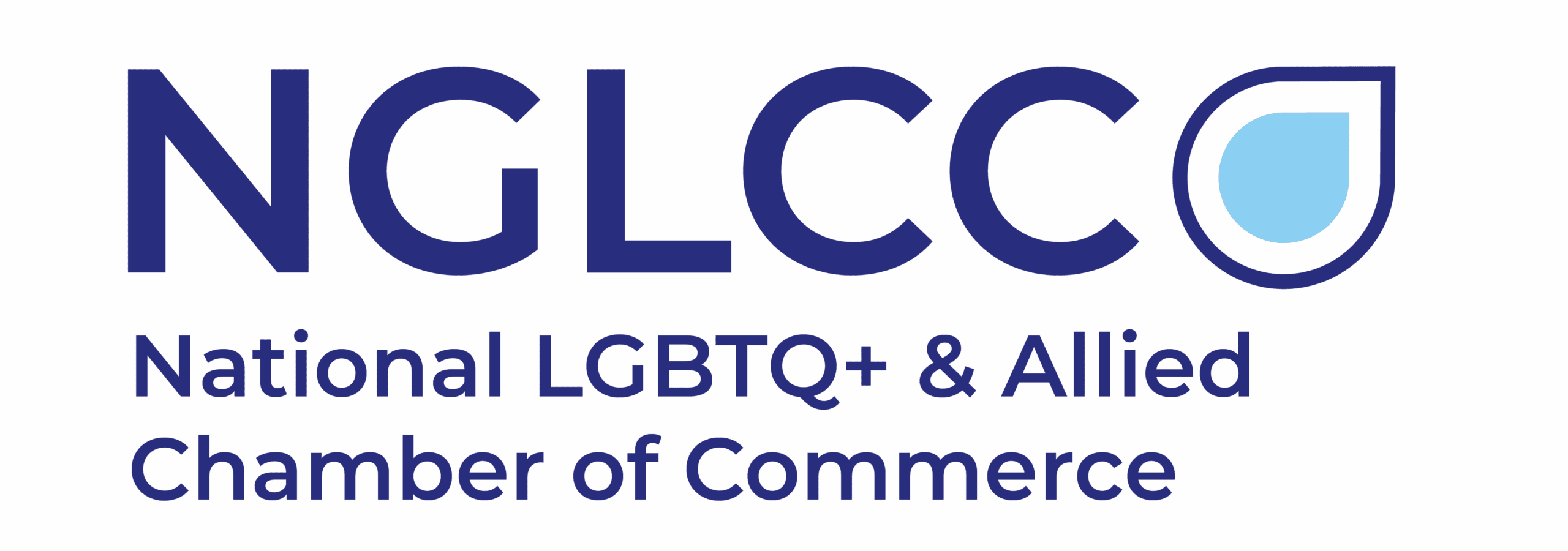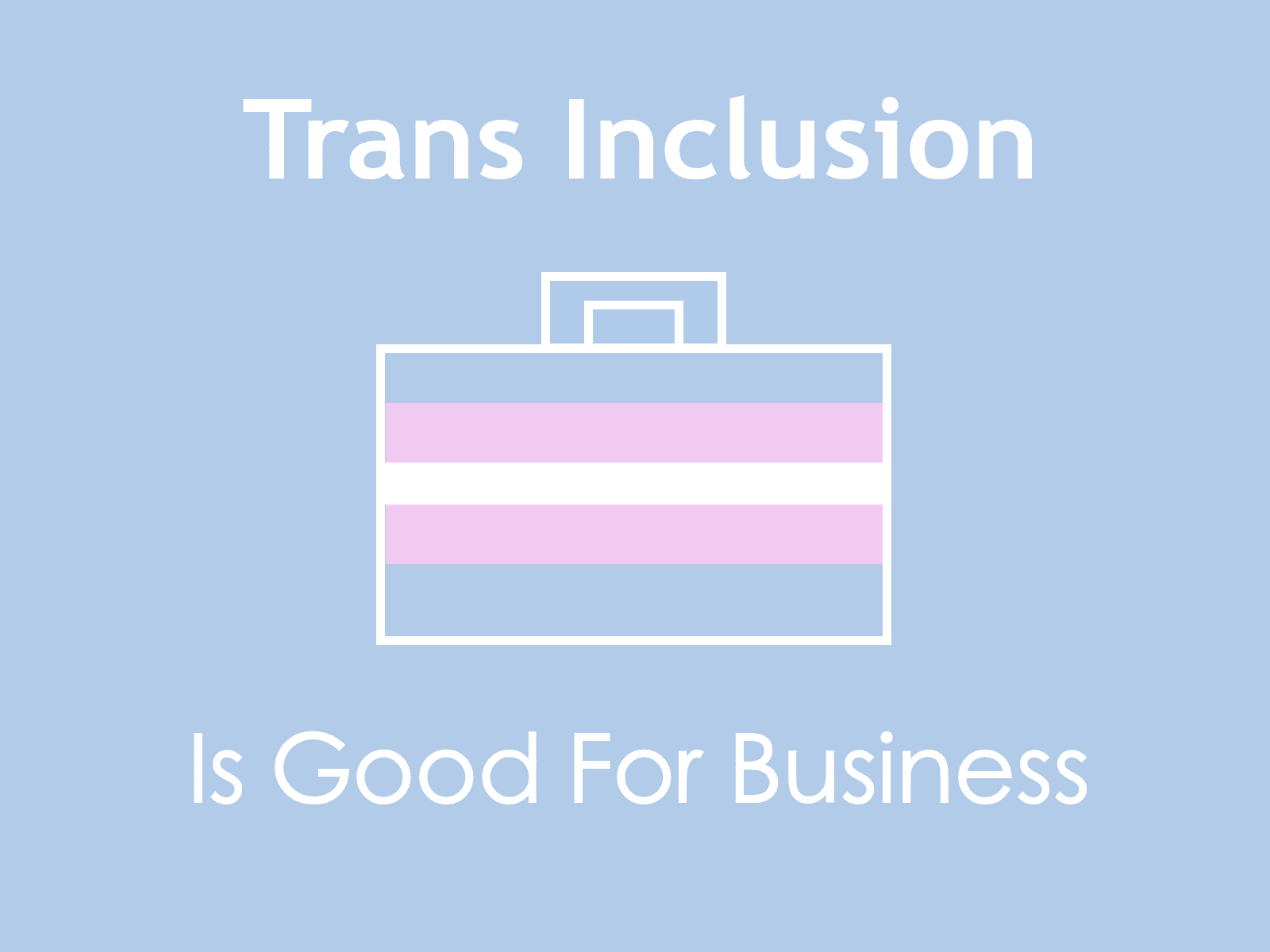As the LGBT community vigorously fought for marriage equality over the past several years, the NGLCC’s standpoint was firm and clear: Marriage equality is good for business. Now that the fight has been won and the nation is shifting its focus to other LGBT issues, the NGLCC continues to provide insight into the economic and business side of the movement. While most advocacy organizations form their arguments primarily on moral grounds, the NGLCC is unique in its viewpoint and expands the foundation for LGBT rights and protections.
One major shift in focus since the marriage ruling has been to the long-overlooked “T” in LGBT. Through increased media representation and attention, trans people are finally gaining recognition in the public eye. This newfound attention has created opportunities to advocate for trans rights, as well as better policies and practices affecting trans people. Once again, the NGLCC can provide the business perspective on these efforts, and the result is a strikingly familiar stance: Trans rights and protections are good for business.
Extensive research and countless testimonials all point to the benefits companies procure when they adopt trans-inclusive and -supportive policies. A study from the Williams Institute sums this up perfectly: “Overall, we find that almost all of top 50 Fortune 500 companies and the top 50 federal government contractors (92%) state that, in general, diversity policies and generous benefit packages are good for their business.” These policies each present a distinct set of advantages to be gained, resulting in the overwhelming consensus that businesses benefit from their implementation.
One important first step that a company can take is to include gender identity in its non-discrimination statement. As put by Crosby Burns of the Center for American Progress, “Discrimination costs businesses cold hard cash.” In fact, 2010’s top 10 private plaintiff employment discrimination lawsuits cost firms in excess of $346 million, and the country’s estimated annual cost of employee turnover from quitting due to unfairness and discrimination is $64 billion. A company can gain positive attention by establishing itself as an inclusive, accepting place. LGBT consumers hold a purchasing power of $800 billion and the number of fair-minded and inclusive consumers who pay attention to companies’ policies is constantly growing.
Health coverage is undoubtedly one of the most relevant policies to address for trans workers. One-third of Fortune 500 companies now offer trans-inclusive health coverage, and the Human Rights Campaign has begun to look for trans-inclusive care in its Corporate Equality Index reports. Despite the perceived costs of such coverage, businesses benefit economically by providing it. Medical transition coverage costs are commonly largely overestimated; in a Williams Institute study of companies that began providing trans-inclusive health coverage, 85% reported no costs associated with adding the coverage. The benefits make these low (or non-existent) costs completely worth it. Those who receive the treatment they need show reduced suicide and substance abuse rates as well as increased socioeconomic status. In the end, people miss work less, are more productive at work, and can bring their whole, authentic selves into the workplace, resulting in more innovation and efficiency.
Finally, a welcoming and supportive work atmosphere in immensely valuable for all team members. The same is true for transgender workers—a team that understands and supports its transgender members is a more cohesive and productive team. Gender identity trainings for all staff, whether or not a team member is currently out as transgender, can provide a basis for that understanding and reduce costs due to absenteeism and low productivity, motivation, and commitment. Currently, 90% of transgender workers report some sort of discrimination, harassment, or mistreatment having occurred at work, or are hiding their identity to avoid these issues. Gender identity and expression trainings for all is an integral step to avoiding harassment and discomfort.
By implementing these three policies, a company can make great strides in fostering a welcoming and supportive workplace environment for its transgender and gender non-conforming employees. On top of making a positive difference in the lives of those employees, the company will benefit from the overall improved cohesiveness, mutual respect, and positive work atmosphere that these policies promote.

